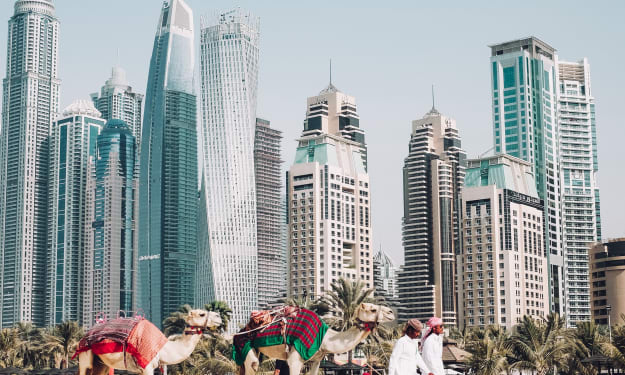
On Friday evening, the Russian authorities responded to the blockade imposed by social media platforms on the pro-media media, specifically RT and Sputnik, and announced the blocking of Facebook and Twitter, due to the impact of the war against neighboring Ukraine.
The Russian Federal Authority for Supervision of Communications and Information Technology (Roskomnadzor) stated that it had blocked Facebook in the country, accusing the social network of "discrimination" against the Russian media. Journalists in Russia reported that Facebook no longer operates outside of a VPN.
Roskomnadzor justified its decision by accusing Facebook, owned by the American company Meta, of “discrimination” against Russian media such as Zvezda TV of the Ministry of Defense, RIA Novosti news agency, RT channel (Russia Today), and my website. "Lenta" and "Gazeta".
A week ago, Moscow announced "restricting access" and "slowing down" the operation of Facebook after restricting the functionality of Russian media accounts. The company said at the time that the move came after it rejected a request by the government to stop fact-checking Russian state media. According to the Russian regulator, these restrictions "violate the basic principles of free media and Russian users' unhindered access to Russian media on foreign online platforms." The authority added that there have been 26 cases of Facebook discrimination against Russian media since October 2020.
Facebook's global affairs chief Nick Clegg said the company will continue to do everything it can to restore services. "Now millions of Russians will find themselves cut off from reliable information, deprived of daily communication with their families and friends, and forbidden to speak," he added in a statement posted on Twitter.
The company had about 7.5 million Facebook users in Russia as of last year, and 122.2 million users of its other services, including Instagram, WhatsApp and Messenger, according to estimates by the research firm Inside Intelligence.
On the same day, Facebook announced that Sputnik and RT were banned in the UK, following a request by Culture Minister Nadine Dorries. Last week, the company banned the two news organizations across the European Union. On Monday, the company revealed that it had removed a network of misleading information targeting people in Ukraine, consisting of about 40 accounts, pages and groups on "Facebook" and "Instagram". It reported that these accounts were managed from Russia and Ukraine.
On Tuesday, Clegg said his company began downgrading Russian state media content on Facebook pages and Instagram accounts globally, as well as posts on Facebook with links to those media. Clegg added that "Facebook" was in "lengthy discussions" with "Roskomnadzor" regarding its new law, which obliges some foreign Internet companies to open offices in Russia.
Later on Friday, Russia's TASS news agency reported that Roskomnadzor had restricted access to Twitter. According to Interfax and RIA Novosti, this decision was based on a request from the Russian Prosecutor General, on February 24, the day the Russian invasion of Ukraine began. On Friday evening, AFP correspondents based in Russia noted that the Twitter service was no longer renewed.
Russia's regulator has slowed Twitter since last year, accusing the US social network of not removing content deemed "illegal", including content linked to the Russian opposition and its jailed leader Alexei Navalny.
The move represents a significant escalation in an ongoing confrontation between large technology companies and Russia, which in recent years has imposed a number of fines and restricted services through slowdowns. Tensions have risen amid Russia's invasion of Ukraine, which Moscow calls a "special military operation".
In the same context, Russian lawmakers approved, on Friday, a law imposing harsh penalties on those who spread "false information about the army." Roskomnadzor has also blocked the BBC, German international radio and television, the independent Russian website Medusa, Radio Svoboda, the Russian branch of Radio Free Europe, and other unnamed news websites.






Comments
There are no comments for this story
Be the first to respond and start the conversation.